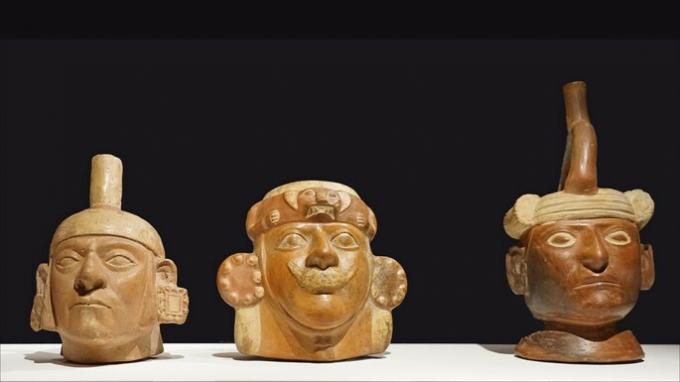Nobility is a characteristic attributed to something or someone who is noble, that is, who belongs to the highest strata of a society.
It had its greatest representation during the Middle Ages, when it symbolized the class to which the families that had certain possessions in a locality belonged.
They were usually considered nobles the families who had blood-borne inheritances and who had rights and duties to the sovereign. Also part of the nobility were the families who had a source of income that benefited the successors of this wealth. These rights and duties were passed on from generation to generation.
The nobility was, like the clergy and the people, one of the states or strata that formed European society in the Middle Ages and the Modern Age.
In a more philosophical language, the notion of nobility is related to human moral values such as generosity, loyalty, honesty and good character.
For this reason, when a family has many properties or a lot of refinement, good behavior, good education, it is common to say that it is a
noble family. When a person has a correct behavior, always acting in accordance with human values and within the moral standards of society, it is common to say that this person is noble.For example:
"Peter is a man of great nobility."
The term nobility can also be used as synonym of: magnanimity, aristocracy, elevation, generosity, liberality, munificence and nobility.
See also the meaning of aristocracy.
titles of nobility
Generally speaking, the title of nobility was given by the quality of belonging to ancient families during the Middle Ages. It was also possible to ascend to the nobility by granting a title given by the monarch - mainly by proximity and loyalty to the king, as well as by marriage.
Likewise, it was possible to become a noble by receiving a title as a reward for services rendered to the kingdom.
Main titles of nobility
The nobility titles arise in the Middle Ages and determined hierarchical relationships. Thus, the closer the proximity to the king, the higher could be the title received.
Some of them were passed on in a hereditary way - by male means, that is, through generations.
Normally, when receiving the title, the noble also received a territory to administer, starting to have duties in relation to the sovereign.
The main titles of nobility represent a scale that obeys an order of power. The titles are as follows:
- Duke: after the king, the Duke was the most powerful nobleman, receiving large tracts of land to administer (ducats).
- marquis: this title is following the Duke in the hierarchy of the nobility. The Marquis ruled the marquisados, territorial areas granted by the king. Some were responsible for territories located in border regions and fought to prevent invasions and protect the royal territory.
- count: Advised the king on some matters such as matters of military combat. He was so important in the day-to-day life of the realms that he even had a substitute for his absences, the Viscount. The Count, like the Duke and Marquis, also administered royal areas, called counties.
- Viscount: This title was created for the nobles who were substitutes for the Counts in their absence and were responsible for running small territories, the size of villages.
- Baron: the title was an honor bestowed on the most faithful subjects of kings, usually rich men. The lands ruled by the barons were even smaller, the size of farms or farms.
For more details, also read the article titles of nobility.


